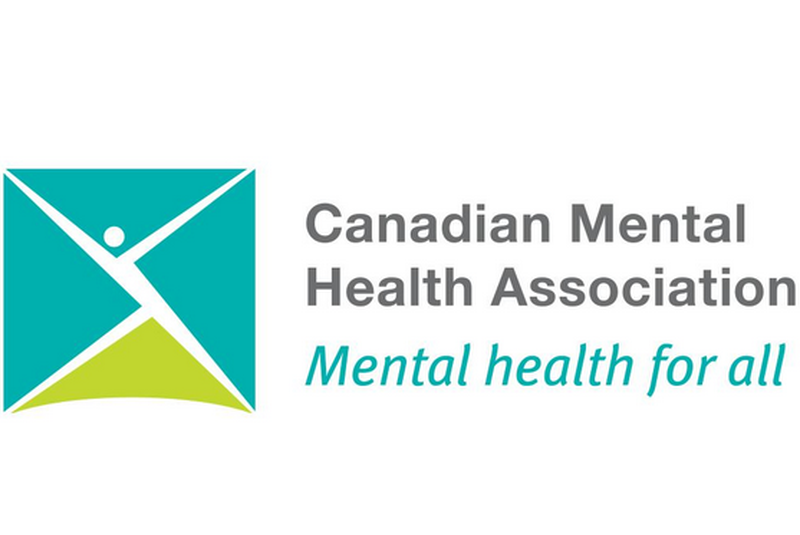(Toronto, Jan 24, 2024) – With Bell Let’s Talk Day this year focused on creating real change for mental health, the Canadian Mental Health Association (CMHA), Ontario is reminding Ontarians to include addictions in the conversation.
While the yearly conversation by Bell Let’s Talk has facilitated open and honest conversations about mental health issues, the stigma surrounding substance use and addictions remains. Stigma is one of the biggest barriers for people seeking and receiving treatment.
“The opioid epidemic alone shows the importance of focusing on addictions issues in this province,” said Camille Quenneville, CEO, CMHA Ontario. “What we’re facing is a public health crisis, with more than 3,600 preventable deaths in Ontario last year alone.”
The opioid crisis highlights the need for a corresponding increase in supports and services for those at risk. CMHA Ontario supports full funding of harm reduction approaches so that individuals can seek the best option for reducing use.
“We need more low-barrier harm reduction services in this time, including more consumption treatment services sites which are currently capped in Ontario,” said Quenneville. “We look forward to the province finalizing its provincial review on this issue as several communities anxiously await these programs.”
In addition to the opioid crisis, there is greater access to other substances such as alcohol and cannabis, and more opportunities to gamble in Ontario.
“There is a strong link between addictions and mental health concerns,” said Quenneville. “We encourage Ontarians to reach out for support if a behaviour or substance is disrupting their ability to maintain a healthy life.”
Fast Facts:
- People with a mental health issue are twice as likely to have a substance use issue compared to the general population.
- More than 15,000 Ontarians have died due to opioids since 2013.
- Alcohol cost Ontario $7.1 billion in 2020 due to lost productivity, healthcare, criminal justice and other direct costs.
- More than 300,000 Canadians are reported to be at risk of gambling-related harms.



